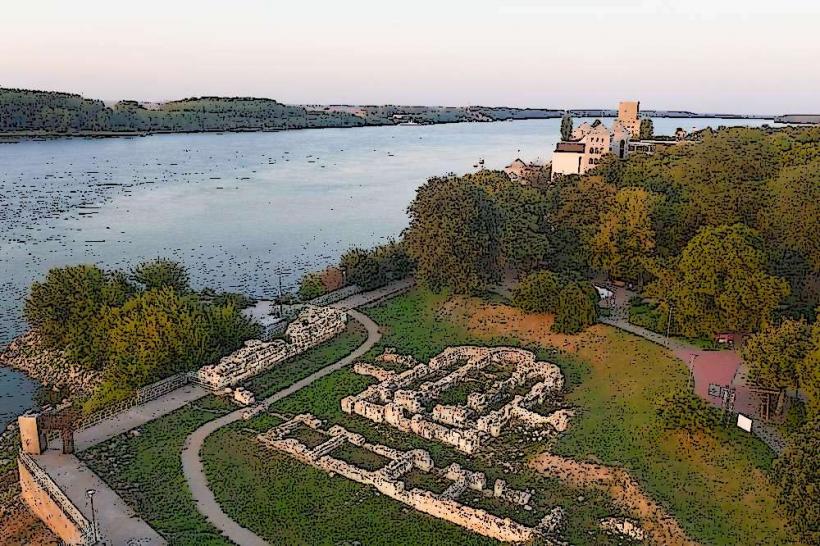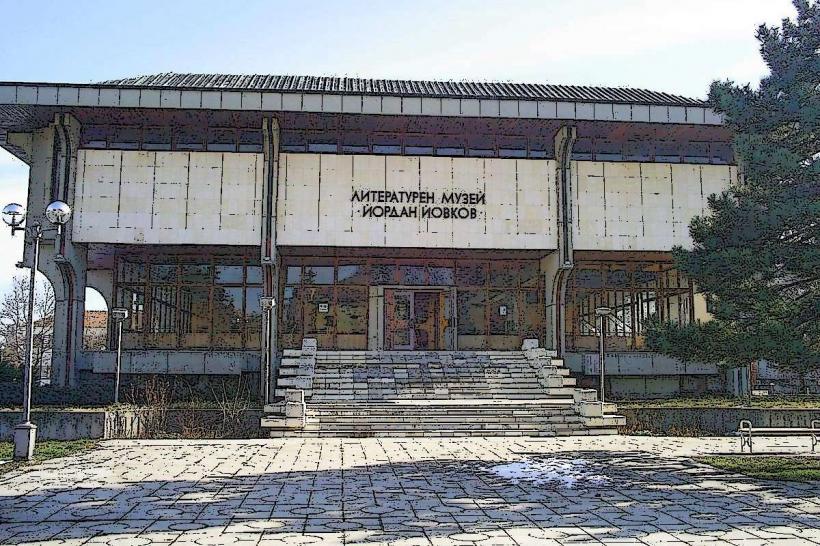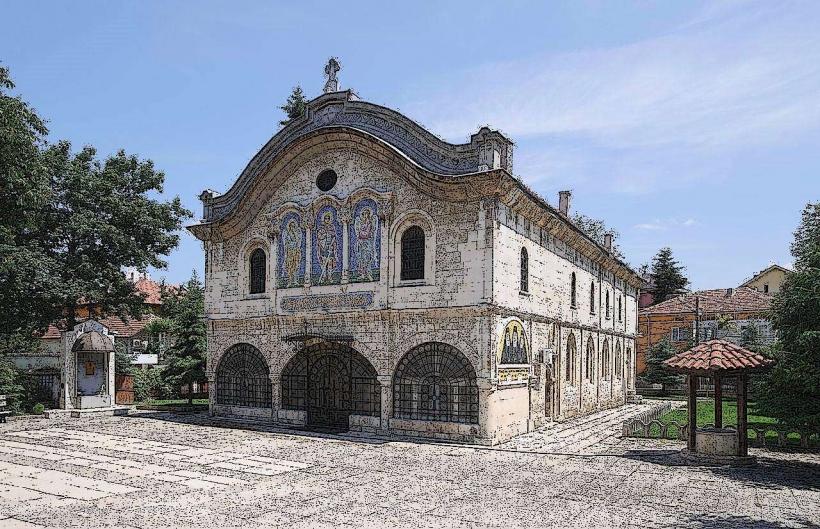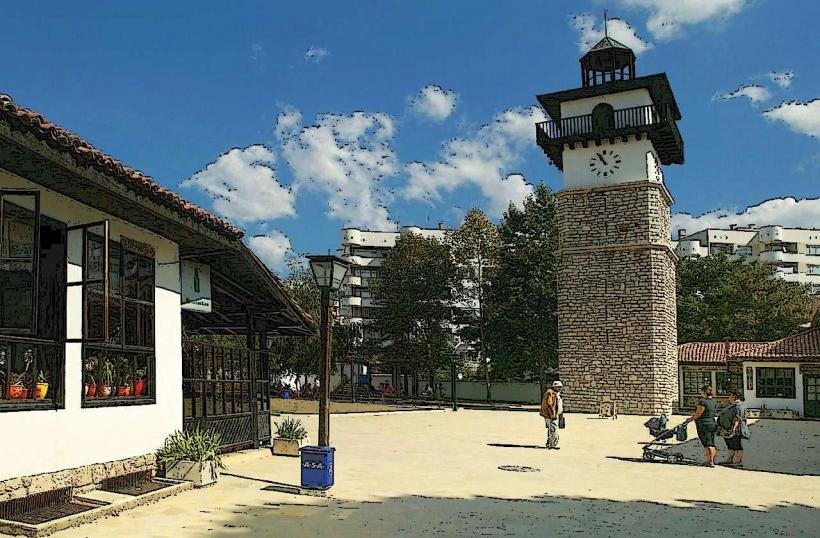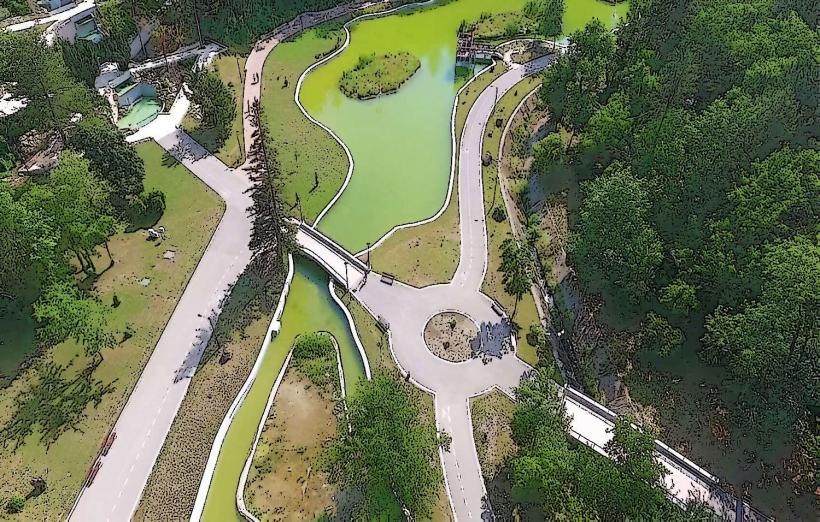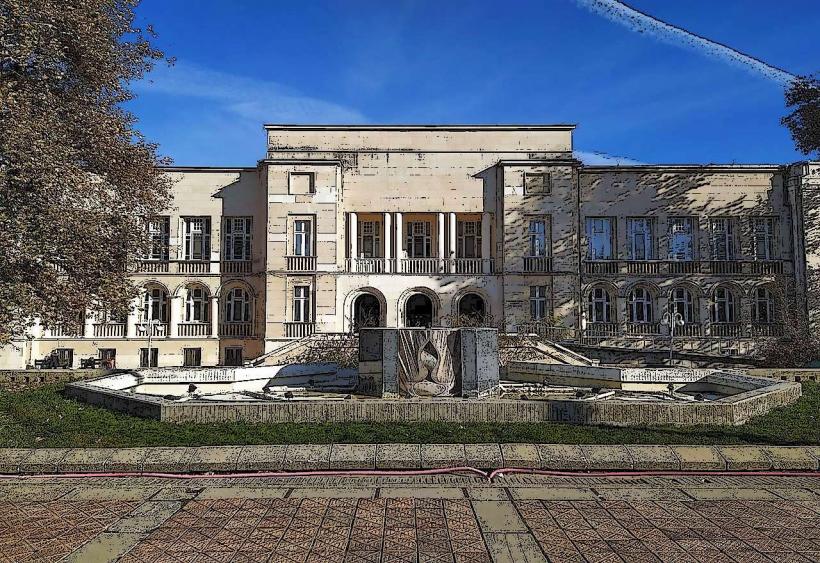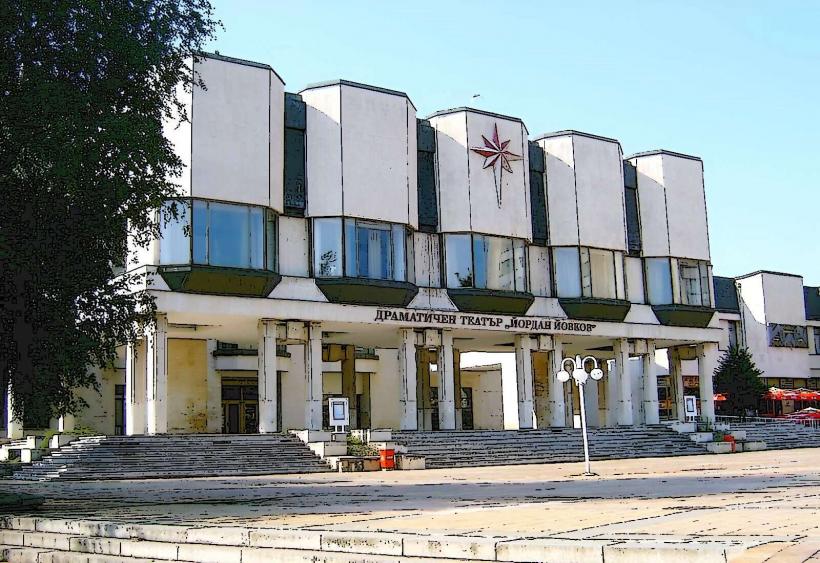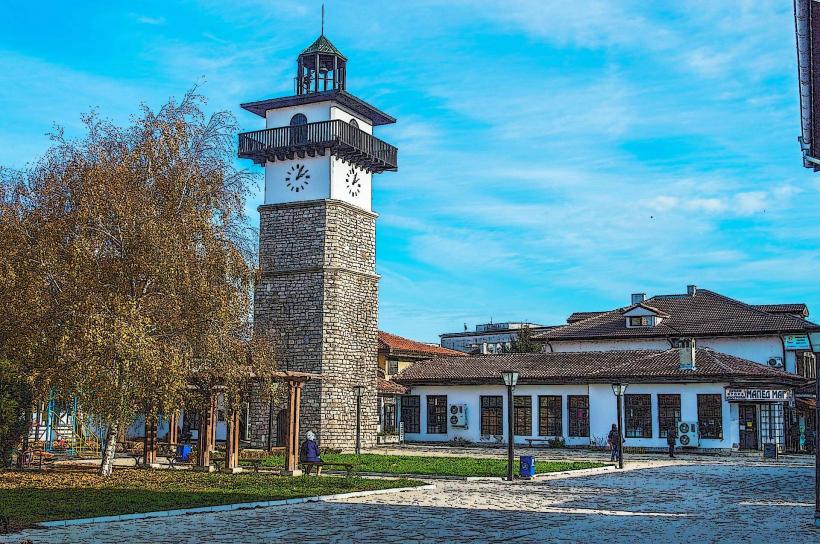Information
Landmark: Church of St. NicholasCity: Dobrich
Country: Bulgaria
Continent: Europe
Church of St. Nicholas, Dobrich, Bulgaria, Europe
The Church of St. Nicholas in Dobrich, Bulgaria, is one of the most prominent and historically significant churches in the city. It is an active Eastern Orthodox church that plays an important role in the spiritual and cultural life of the local community.
Historical Background
- The Church of St. Nicholas was originally built in the 19th century, during the period when Bulgaria was under Ottoman rule. Like many churches of this era, it was constructed during a time when the Bulgarian Orthodox Church was seeking to assert its cultural and religious identity in the face of Ottoman domination.
- The church was dedicated to St. Nicholas, a revered Christian saint known as the patron saint of travelers, sailors, merchants, and children. St. Nicholas, also known for his miracles and kindness, is one of the most venerated saints in Eastern Orthodox Christianity.
Architectural Style
The church's architecture follows the traditional Eastern Orthodox style, which features a three-nave basilica layout, a characteristic of many Bulgarian Orthodox churches.
Exterior: The church is built with brick and stone, typical of the period. It has a simple yet elegant design, with a large central dome and smaller bell towers. The facade of the church is often decorated with religious iconography and features large windows that allow natural light to enter the interior.
Interior: Inside, the church is adorned with colorful icons, frescoes, and religious murals depicting scenes from the life of Christ, the Virgin Mary, and other saints, as well as various scenes from the Bible. The iconostasis, a traditional feature of Eastern Orthodox churches, is beautifully painted and separates the sanctuary from the rest of the church.
Bells and Chimes: The church is equipped with a set of bells, which are rung during religious ceremonies and on special occasions, adding to the spiritual atmosphere of the area.
Role in the Community
The Church of St. Nicholas serves as a spiritual hub for the people of Dobrich, offering a place for regular worship, prayer, and religious events. It is an important part of the local community's religious life, especially for those who follow the Eastern Orthodox faith.
The church is used for various religious rites, including Sunday services, weddings, baptisms, and funerals. It also hosts special celebrations during major religious holidays such as Christmas, Easter, and the feast day of St. Nicholas (celebrated on December 6th), which is an important event in the church’s calendar.
Cultural Significance
The Church of St. Nicholas is not only a place of worship but also an important cultural landmark in Dobrich. It is closely tied to the city’s history, particularly during the Ottoman era, when the Bulgarian Orthodox Church played a significant role in preserving the national identity and religious practices of the Bulgarian people.
Over the years, the church has been a witness to various historical events and changes in the region, and it continues to hold a place of respect and significance in the local community.
The church is often visited by both locals and tourists, who come to admire its architectural beauty and historical importance. It is also a site of pilgrimage for those seeking the spiritual blessings of St. Nicholas.
Conclusion
The Church of St. Nicholas in Dobrich is a valuable part of the city's heritage, offering a glimpse into the religious and cultural life of Bulgaria during the 19th century and beyond. With its beautiful architecture, religious significance, and role in the community, it remains a beloved and respected place of worship and reflection. Whether visiting for religious purposes, cultural interest, or simply to appreciate its historical beauty, the church is an important symbol of Dobrich's spiritual and cultural identity.

